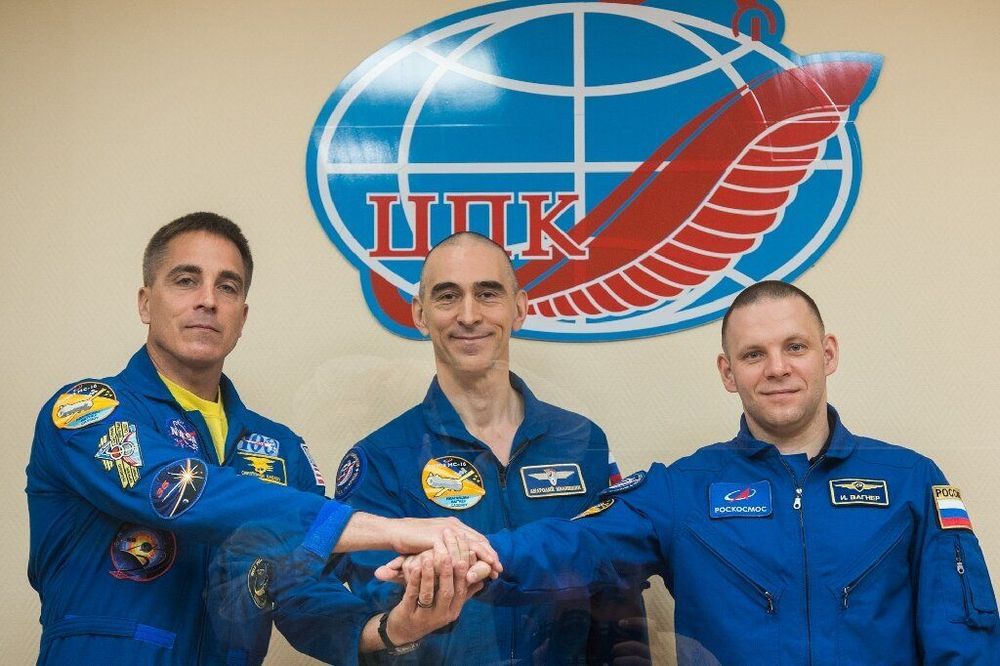VIENNA — We all know that one person who can eat whatever they like and never gain a pound. Ice cream at 2 in the morning? Bring it on. A third, or fourth, slice of pizza? Sure, why not. For the rest of us, the genetic perks that these individuals enjoy can be frustrating to say the least. Now, a groundbreaking new international study appears to have zeroed in on the so-called “skinny gene” that help keep such individuals thin.
Scientists from Austria, Canada, and Estonia say that lower, or deficient, levels of the gene Anaplastic Lymphoma Kinase (ALK) are significantly linked to skinniness and bodily resistance to weight gain.
Most research projects focusing on weight loss and gain search for genes that cause obesity. This study is novel due to the fact that it focuses specifically for a gene linked to thinness instead.







